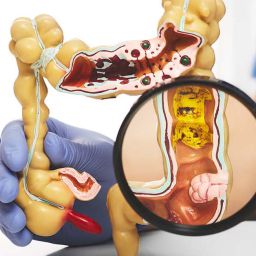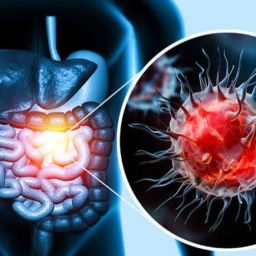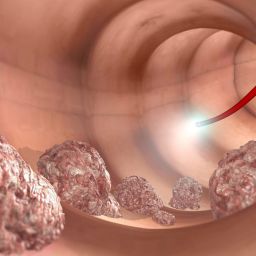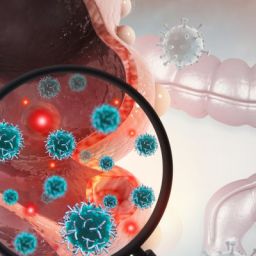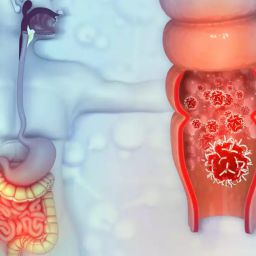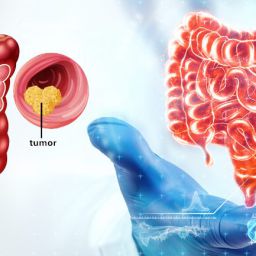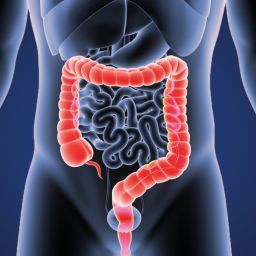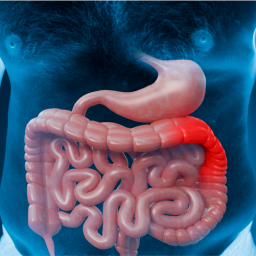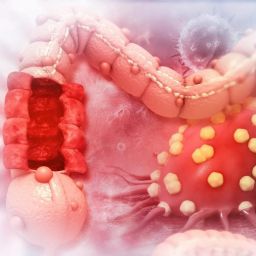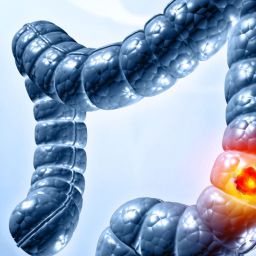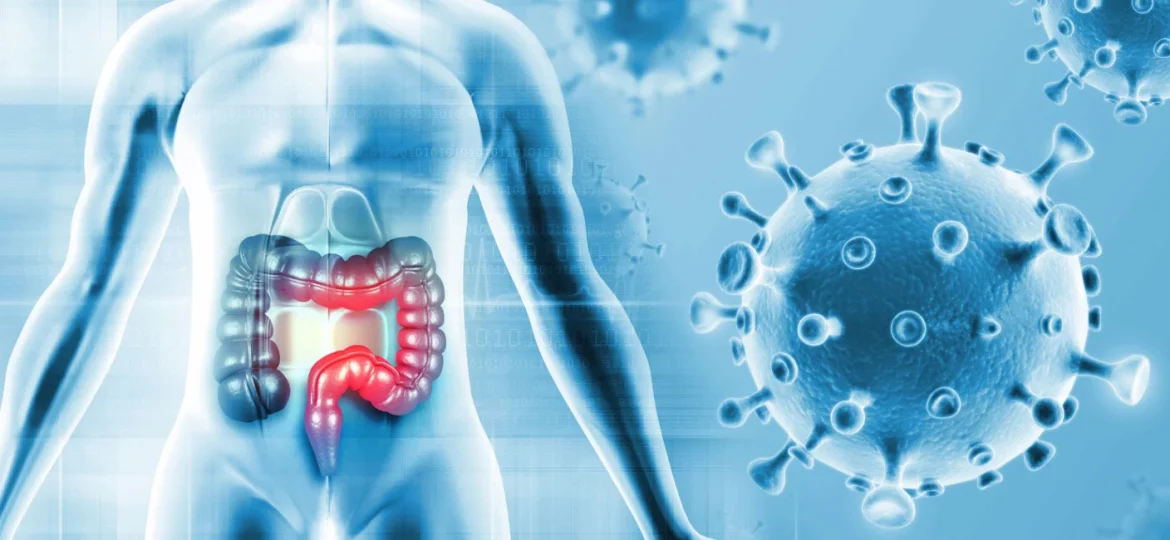
Immediate Post-Operative Phase: Hospital Recovery
After colon surgery, the immediate recovery takes place in the hospital. During this time, medical professionals monitor your condition closely to ensure there are no complications. Key aspects of this phase include:
1. Pain Management
Managing pain is a top priority after colon surgery. Pain medications may include:
- Opioids: For severe pain, though they should be used cautiously due to the risk of dependency.
- Non-Opioid Alternatives: Such as acetaminophen or ibuprofen, as appropriate.
- Epidural or Nerve Blocks: In some cases, these are used during and after surgery to manage pain.
2. Monitoring for Complications

Healthcare providers will watch for early signs of complications, such as:
- Infections: At the surgical site or within the abdomen.
- Anastomotic Leaks: Leaks at the site where the colon is reconnected.
- Blood Clots: Such as deep vein thrombosis (DVT).
- Pneumonia: Due to reduced mobility and deep breathing challenges.
3. Introduction to Nutrition
Initially, patients may not be allowed to eat solid food. The progression typically follows these steps:
- Clear Liquids: Water, broth, and clear juices.
- Full Liquids: Milk, cream soups, and nutritional shakes.
- Soft Foods: Gradual introduction of easily digestible foods as tolerated.
4. Mobilization
Patients are encouraged to start moving as soon as possible to prevent complications like blood clots and pneumonia. Gentle walking within the hospital is a common starting point.
Transitioning to Home: At-Home Recovery Guidelines
Once discharged from the hospital, recovery continues at home. This phase requires diligence and adherence to medical advice to ensure optimal healing.
1. Wound Care
Proper wound care is essential to prevent infections and promote healing. Follow these steps:
- Keep the Area Clean and Dry: Clean the incision site as instructed by your doctor.
- Watch for Signs of Infection: Redness, swelling, warmth, drainage, or fever should be reported immediately.
- Avoid Strain: Refrain from lifting heavy objects or engaging in activities that may stress the incision site.
2. Dietary Adjustments
Your digestive system needs time to adapt after colon surgery. A gradual approach to reintroducing foods is vital:

- Low-Fiber Diet Initially: Helps reduce strain on the digestive system. Examples include white rice, bananas, and lean proteins.
- Hydration: Drink plenty of fluids to avoid dehydration, especially if you experience diarrhea.
- Avoid Trigger Foods: Fatty, spicy, or high-fiber foods can irritate the digestive system in the early stages.
- Reintroduce Fiber Gradually: Once the colon has adjusted, foods like whole grains, fruits, and vegetables can be slowly incorporated to maintain regular bowel movements.
3. Physical Activity
Staying active supports recovery but must be approached cautiously:
- Light Activities: Such as walking, are encouraged to improve circulation and prevent blood clots.
- Avoid Strenuous Exercise: For at least 4-6 weeks or as advised by your doctor.
- Gradual Progression: Increase activity levels gradually to rebuild strength and stamina.
4. Managing Bowel Movements
Colon surgery can temporarily or permanently alter bowel habits. Common changes include:
- Diarrhea or Loose Stools: May occur initially as the digestive system adjusts.
- Constipation: Can result from pain medications or reduced mobility.
- Using Stool Softeners or Fiber Supplements: As recommended by your doctor.
Recognizing and Addressing Potential Complications
Even with proper care, complications can arise. Being aware of potential issues and knowing when to seek medical help is crucial.
1. Infections
Symptoms to watch for include:
- Fever above 101°F (38.3°C)
- Pus or excessive drainage from the incision site
- Severe pain or swelling around the wound
2. Anastomotic Leak
A serious complication where the connection between the remaining parts of the colon leaks. Symptoms include:
- Severe abdominal pain
- Fever
- Rapid heart rate
- Nausea or vomiting
3. Bowel Obstruction
Scar tissue or swelling can cause blockages in the intestines. Symptoms include:
- Inability to pass gas or stool
- Abdominal bloating and pain
- Vomiting
Long-Term Recovery and Lifestyle Adjustments
As recovery progresses, long-term habits play a critical role in maintaining health and preventing future issues.
1. Adopting a Colon-Healthy Diet
Focus on foods that support digestion and colon health:
- High-Fiber Foods: Whole grains, fruits, vegetables, and legumes.
- Probiotics: Yogurt, kefir, and fermented foods to promote a healthy gut microbiome.
- Hydration: Adequate water intake is crucial for digestion.
2. Regular Physical Activity
Exercise improves overall health, supports digestion, and helps maintain a healthy weight, which reduces the risk of future colon problems.
3. Follow-Up Appointments
Regular check-ups with your healthcare provider ensure that your recovery is on track and that any potential complications are addressed promptly.
Emotional and Psychological Recovery
Colon surgery can be emotionally challenging, especially if it involves major changes like a colostomy. Addressing mental health is an integral part of recovery:
- Seek Support: Joining a support group for individuals recovering from colon surgery can provide valuable emotional support.
- Counseling: Professional help may be beneficial for coping with anxiety or depression.
- Stay Positive: Focus on the progress you’re making, and celebrate small milestones.
Tips for Caregivers
Caregivers play a crucial role in the recovery process. Their responsibilities may include:
- Helping with wound care and medications
- Preparing nutritious meals that align with dietary guidelines
- Encouraging light physical activity
- Monitoring for signs of complications
Recovering from colon surgery is a gradual process that requires attention to multiple aspects of health. By focusing on wound care, dietary adjustments, physical activity, and emotional well-being, patients can enhance their recovery and reduce the risk of complications. Open communication with healthcare providers and a supportive network of family and friends are essential for a smooth recovery journey.
With proper care and a proactive approach, it is possible to regain strength and quality of life after colon surgery, paving the way for a healthier future.

